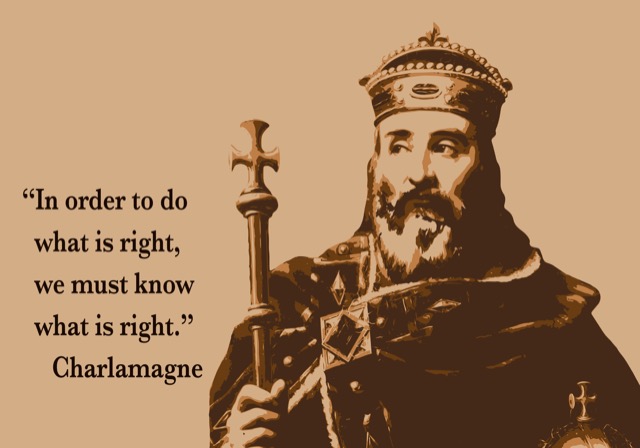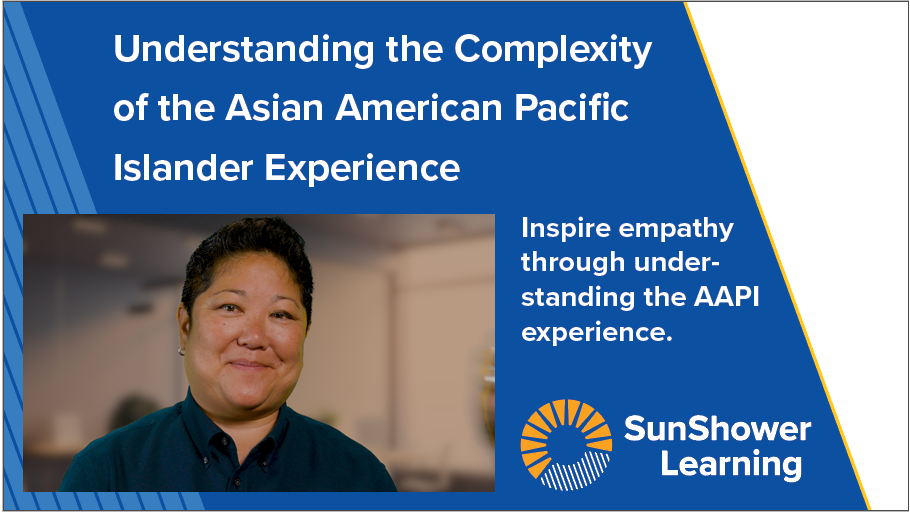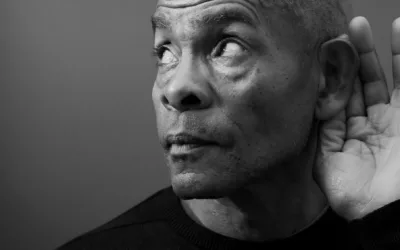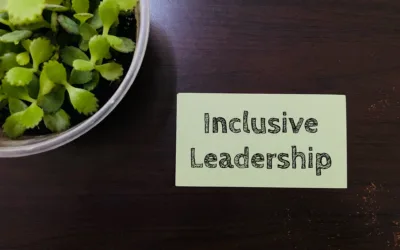Embodying Ethical Leadership

In an age when faith in our institutions—academic, corporate and government—is at an all-time low, it behooves leaders to “do the right thing.” Paraphrasing Charlamagne, “Right action is better than knowledge, but in order to do what is right, we must know what is right.” But how do we know what is right? From my perspective, “knowing what is right” goes beyond learning “about’ ethics or the ability to apply moral reasoning to resolve ethical issues. It is the process of “becoming” ethical—what Francisco Varela describes in his book, Ethical Know-How—an embodiment of what is “right.”
We can began understanding Varela’s admonition by differentiating among values, ethics and morality as follows:
Values: Our individual and/or collective notions regarding right or wrong, virtues or vices, allowed or forbidden, good or bad, just or unjust…
Ethics: Codes, principles, or standards that express the values.
Morals or Morality: Actions, activities, or behaviors of individuals and/or collectives that adhere to ethical codes, principles and standards and that play out in real time.
While clarifying, these terms are helpful in theory, but not necessarily in practice. We can turn to Huston Smith, who immersed himself in each of the world’s major religions and after practicing each one, described their concept of virtues from an embodied place. In his seminal work on the world’s wisdom traditions—East, West and Indigenous Cultures— he wrote that the western traditions, when taken together, espouse the following three virtues: humility, charity and veracity—as values to aspire to. The eastern traditions, taken together, espouse the following three poisons—greed or clinging, hatred or aversion, and delusion—as poisons to avoid. As can easily be seen, each of the three values has its polar opposite in the three poisons.
Smith proffers a set of three ethical principles corresponding to each of the virtues. Here, humility gives rise to the ethical principle that everyone is entitled to their fair share of the “pot,” but not more than their fair share. Charity gives rise to the principle that it is incumbent on everyone to make sure their neighbor gets their fair share of the “pot” too. And the principle derived from veracity goes beyond merely just truth telling, but to see the world in its “suchness,” meaning free of judgements, projections and the stories we make up about people, places and things.
While these virtues/poisons have served as the basis for ethical principles over millennia, do they still have meaning regarding ethical leadership in today’s business climate? And can they be embodied? These were questions that came up recently in my freshman ethics seminar and in my consulting practice. In aggregate, the following answers emerged as an expression of values: a set of guiding principles for ethical leadership:
Humility: Ethical leaders do not take credit for the work of others. They are not afraid to admit when they are wrong, have made a mistake, or that they don’t know something. And they can laugh at their own foibles.
Charity: Ethical leaders see to it that others succeed. They create a culture of belonging and inclusivity. They create an environment where people are made to feel they belong, their voices heard and their ideas considered, leading to more innovative and robust solutions to problem solving. Kindness, generosity of spirit, giving credit where credit is due, and sharing information and resources are all elements of charity in the business motif.
Veracity: Ethical leaders are honest and speak the truth, whether the message is good, bad or indifferent. They offer this truth with humility and compassion. Leaders see and accept others for who they are beyond the subjective judgements, projections, and stories.
While these three principles provide a basis for a knowing “about” ethical leadership, we’ve developed a set of characteristics congruent with our current complex, and often chaotic world as a step towards “becoming” ethical. These characteristics include: a shift in mindset from one of control to one of participation, an ability to be self-reflective and transparent to self and other, and flexibility and tolerance for ambiguity. In today’s dynamically changing world, where there is little time for deliberation, ethical leadership must be predicated on an ongoing engagement with the context and circumstances of each situation. We can express these characteristics as Holism, Transparency and Responsiveness that interact with and are reflected in each other.
Holism: An ethical leader is not separate from the “team” but a part of the team. A leader does not operate in a vacuum and recognizes that the whole (the team) is greater than the sum of its parts (the individuals) and acts in both the best interests of the team and the people making up the team.
Transparency: Transparency requires self-awareness and occurs through dialogue with oneself and other. Ethical leaders exchange information, share their decision-making process, and are authentic, courageous and curious. They recognize the signs of their own implicit bias.
Responsiveness: An ethical leader adapts to new issues and course-corrects based on recursive feedback loops via dialogue with the people they lead and the markets they serve. A leader reframes unforeseen challenges as opportunities for learning and growth, has confidence in identifying solutions to seemingly intractable problems, and has a positive impact on people.
These six values are aspirational—each leader can express them through ethical principles in alignment with their personal, professional and organizational aims and goals. As Varela states, when speaking of a virtuous person:
“Such a person does not act out ethics but embodies it like any expert embodies his know-how; the wise man is ethical, or more explicitly, his actions arise from inclinations that his disposition produces in response to specific situations.”
The principles I have described above can lead to an embodiment of ethical leadership in our modern society. They can point the way towards helping leaders embrace Charlemagne’s admonition to, “know what is right.”
Guest blogger:
William E. (Bill) Kastenberg, PhD is a Distinguished Professor of Engineering, Emeritus at the University of California, Berkeley. During the latter part of his academic career, he team-taught a course with his wife entitled, “Ethics and the Impact of Technology on Society.” During the Covid epidemic, he taught (remotely) a Freshman Seminar entitled, “Ethics in an Age of Existential Crises.” The seminar continued for three semesters, each with a different group of students. He has consulted with companies regarding the development of company values for use in recruiting, retention and marketing.
If you have any comments or questions for Bill, please use the contact form on the site.
More From Our Blog…
Understanding Employee Responses to DEI Initiatives: Insights and Strategies
A recent study sheds light on a previously underexplored aspect of DEI training. While much focus has been placed on the facilitators, trainers and the content of DEI programs, this study examines how employees actually respond to the training. Published in Harvard...
SHRM’s Removal of “Equity” From DEI Framework: A Step Backwards Amid Growing Backlash
In a stunning step in the wrong direction, the Society for Human Resources Management (SHRM), the world’s largest HR association, has removed “Equity” from its “IE&D” framework. What message does this send, especially amid strong pushback against Diversity, Equity...
Navigating the Shifting Landscape of Diversity, Equity and Inclusion Programs
In the midst of the evolving landscape of corporate diversity initiatives, there's a seismic shift underway. The once-prominent acronym "DEI" - representing diversity, equity and inclusion - is notably absent from many company discussions. As explained in the article...
A Groundbreaking New Course: Understanding the Complexity of the Asian American Pacific Islander Experience
With over two decades of experience in the educational sector, Hideko Akashi, founder and lead consultant at Liberation Consulting, has been a steadfast advocate for diversity, privilege, social justice, inclusion and equity. Now, she's opening a new chapter with the...
The Deafening Silence of DEI Allies: A Call to Action in Troubled Times
As we commemorate the legacy of Rev. Dr. Martin Luther King Jr., his poignant words echo through the corridors of history, reminding us of the profound impact of silence in the face of injustice.” In the end, we will remember not the words of our enemies, but the...
DEI LEAP: Empowering Leaders Through Turbulent Times
DEI LEAP: Empowering Leaders Through Turbulent Times As we all know, 2024 has brought a wave of attacks against DEI. A handful of outspoken critics, such as Elon Musk, are misrepresenting DEI and attacking the strategies and practices that are creating more equitable...
The Colorblindness Trap
Read. This. Article. It's important. The Color Blindness Trap: How a civil rights ideal got hijacked Nikole Hannah-Jones is a domestic correspondent for The New York Times Magazine focusing on racial injustice. Her extensive reporting in both print and radio has...
The Unbearable Lightness of the “I’m Sorry if You Were Offended” Apology
Have you ever come across that non-apology apology? You know, the one that goes, "I’m sorry if you were offended," or its close cousin, "I’m sorry that you…" These non-apologies aren't just weak; they can actually inflict more harm and exacerbate hurt feelings. They...
The Power of Diversity: McKinsey’s Latest Report Reinforces the Business Case for Inclusive Leadership
In an era where corporate social responsibility is no longer just a buzzword but a fundamental aspect of successful business strategies, McKinsey's latest report, "Diversity Matters Even More: The Case for Holistic Impact," underscores the undeniable link...
“Laying Low” Is the Wrong DEI Strategy
“The ultimate measure of a man is not where he stands in moments of comfort and convenience, but where he stands at times of challenge and controversy.”- Martin Luther King, Jr. In an era marred by politicized attacks on diversity, equity and inclusion (DEI), Shaun...










